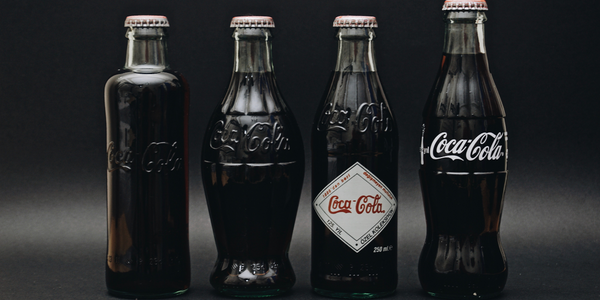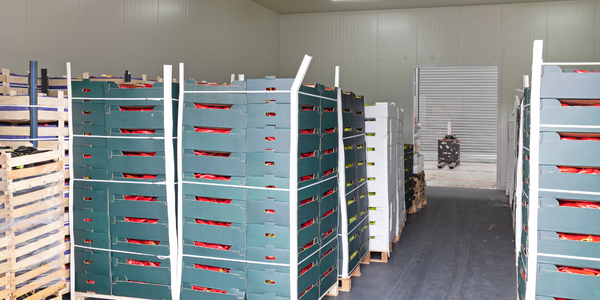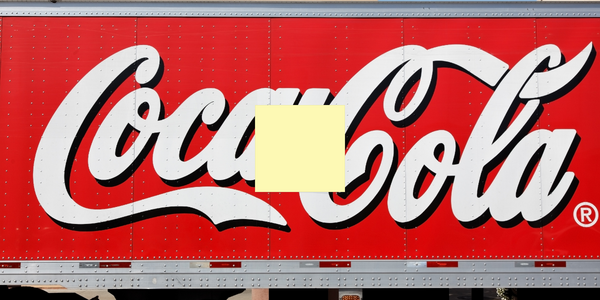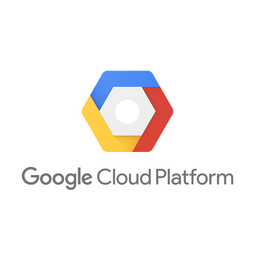公司规模
Large Corporate
国家
- United States
产品
- Google Distributed Cloud
- Google Cloud Edge Computing
技术栈
- Edge Computing
- Generative AI
实施规模
- Enterprise-wide Deployment
影响指标
- Customer Satisfaction
- Innovation Output
- Productivity Improvements
技术
- 平台即服务 (PaaS) - 边缘计算平台
- 分析与建模 - Generative AI
适用行业
- 食品与饮料
适用功能
- 商业运营
用例
- 边缘计算与边缘智能
- 预测性维护
服务
- 云规划/设计/实施服务
- 系统集成
关于客户
McDonald's is the world's leading global foodservice retailer, with over 40,000 locations in more than 100 countries. Approximately 95% of McDonald's restaurants worldwide are owned and operated by independent local business owners. The company is renowned for its fast-food offerings and has a strong presence in the global market. McDonald's is committed to innovation and enhancing customer experience, which is evident in its strategic partnerships and technological advancements. The company has a robust loyalty program with 150 million members and is continuously expanding its digital and technological capabilities to maintain its leadership position in the industry.
挑战
McDonald's aims to advance its restaurant technology platform to become the most sophisticated and productive in the industry. The company seeks to leverage Google Cloud's hardware, data, and AI technologies to implement innovation faster and create better experiences for its customers, restaurant teams, and employees. McDonald's plans to roll out significant advancements to its restaurant and customer platforms, including its mobile app and self-service kiosks, to deploy innovations with greater speed and agility. The challenge is to integrate these technologies across thousands of restaurants worldwide, ensuring seamless operation and enhanced customer experience.
解决方案
McDonald's has partnered with Google Cloud to implement a range of advanced technologies across its restaurants worldwide. The partnership involves deploying Google Distributed Cloud, a combined hardware and software offering, to thousands of McDonald's restaurants. This will enable the use of cloud-based software applications and local software and AI solutions on-site. Google Cloud's edge computing capabilities will be utilized to power new platforms, allowing McDonald's to draw insights into equipment performance, reduce business disruptions, and simplify operations for restaurant teams. A dedicated Google Cloud team in Chicago will collaborate with McDonald's global innovation center, Speedee Labs, to apply generative AI across key business priorities, enhancing experiences for crew and customers.
运营影响
数量效益

Case Study missing?
Start adding your own!
Register with your work email and create a new case study profile for your business.
相关案例.

Case Study
The Kellogg Company
Kellogg keeps a close eye on its trade spend, analyzing large volumes of data and running complex simulations to predict which promotional activities will be the most effective. Kellogg needed to decrease the trade spend but its traditional relational database on premises could not keep up with the pace of demand.

Case Study
HEINEKEN Uses the Cloud to Reach 10.5 Million Consumers
For 2012 campaign, the Bond promotion, it planned to launch the campaign at the same time everywhere on the planet. That created unprecedented challenges for HEINEKEN—nowhere more so than in its technology operation. The primary digital content for the campaign was a 100-megabyte movie that had to play flawlessly for millions of viewers worldwide. After all, Bond never fails. No one was going to tolerate a technology failure that might bruise his brand.Previously, HEINEKEN had supported digital media at its outsourced datacenter. But that datacenter lacked the computing resources HEINEKEN needed, and building them—especially to support peak traffic that would total millions of simultaneous hits—would have been both time-consuming and expensive. Nor would it have provided the geographic reach that HEINEKEN needed to minimize latency worldwide.

Case Study
Energy Management System at Sugar Industry
The company wanted to use the information from the system to claim under the renewable energy certificate scheme. The benefit to the company under the renewable energy certificates is Rs 75 million a year. To enable the above, an end-to-end solution for load monitoring, consumption monitoring, online data monitoring, automatic meter data acquisition which can be exported to SAP and other applications is required.

Case Study
Coca Cola Swaziland Conco Case Study
Coco Cola Swaziland, South Africa would like to find a solution that would enable the following results: - Reduce energy consumption by 20% in one year. - Formulate a series of strategic initiatives that would enlist the commitment of corporate management and create employee awareness while helping meet departmental targets and investing in tools that assist with energy management. - Formulate a series of tactical initiatives that would optimize energy usage on the shop floor. These would include charging forklifts and running cold rooms only during off-peak periods, running the dust extractors only during working hours and basing lights and air-conditioning on someone’s presence. - Increase visibility into the factory and other processes. - Enable limited, non-intrusive control functions for certain processes.

Case Study
Temperature Monitoring for Restaurant Food Storage
When it came to implementing a solution, Mr. Nesbitt had an idea of what functionality that he wanted. Although not mandated by Health Canada, Mr. Nesbitt wanted to ensure quality control issues met the highest possible standards as part of his commitment to top-of-class food services. This wish list included an easy-to use temperature-monitoring system that could provide a visible display of the temperatures of all of his refrigerators and freezers, including historical information so that he could review the performance of his equipment. It also had to provide alert notification (but email alerts and SMS text message alerts) to alert key staff in the event that a cooling system was exceeding pre-set warning limits.

Case Study
Coca-Cola Refreshments, U.S.
Coca-Cola Refreshments owns and manages Coca-Cola branded refrigerators in retail establishments. Legacy systems were used to locate equipment information by logging onto multiple servers which took up to 8 hours to update information on 30-40 units. The company had no overall visibility into equipment status or maintenance history.







